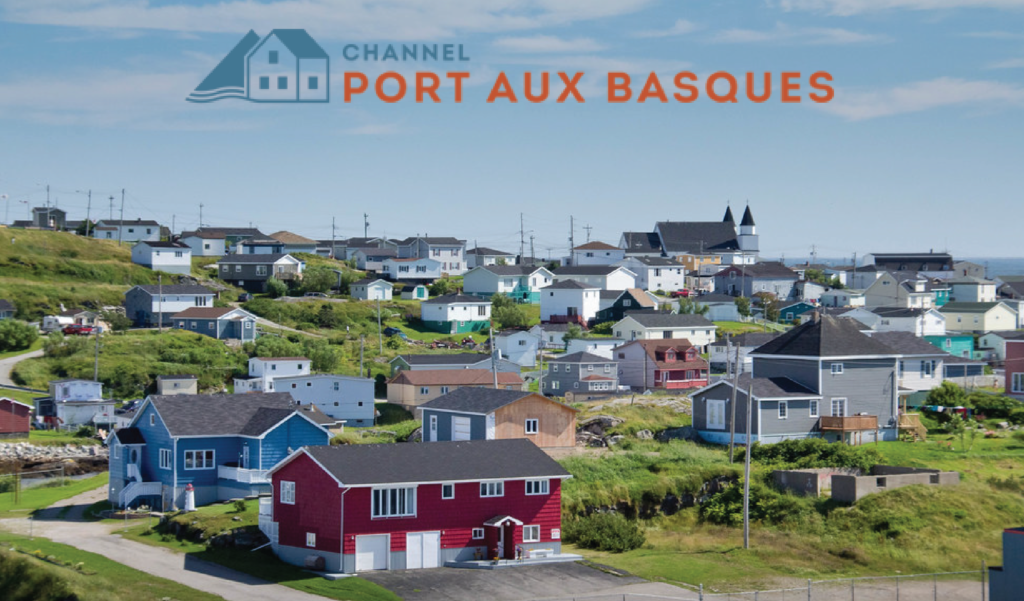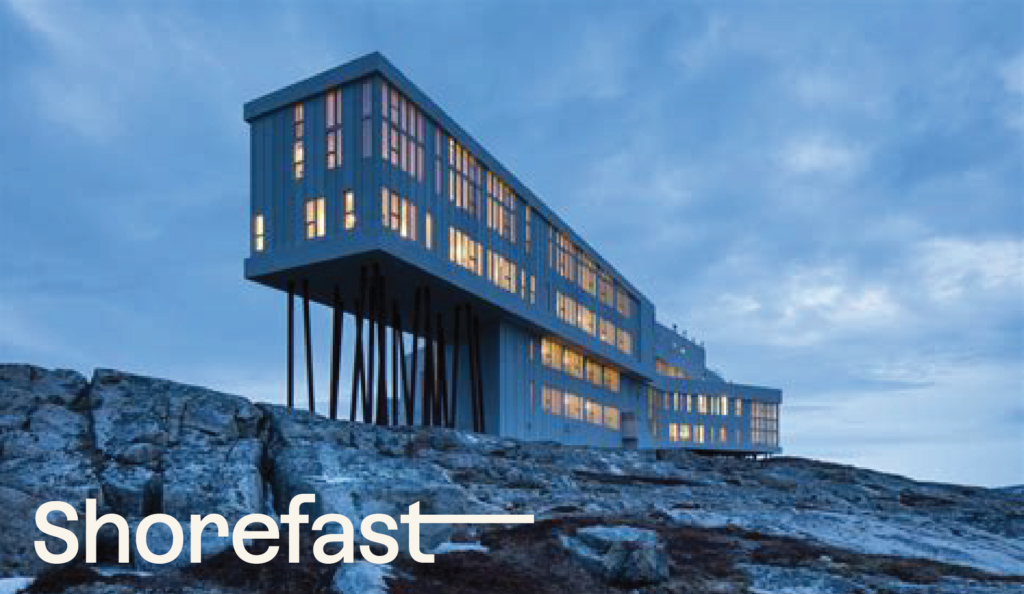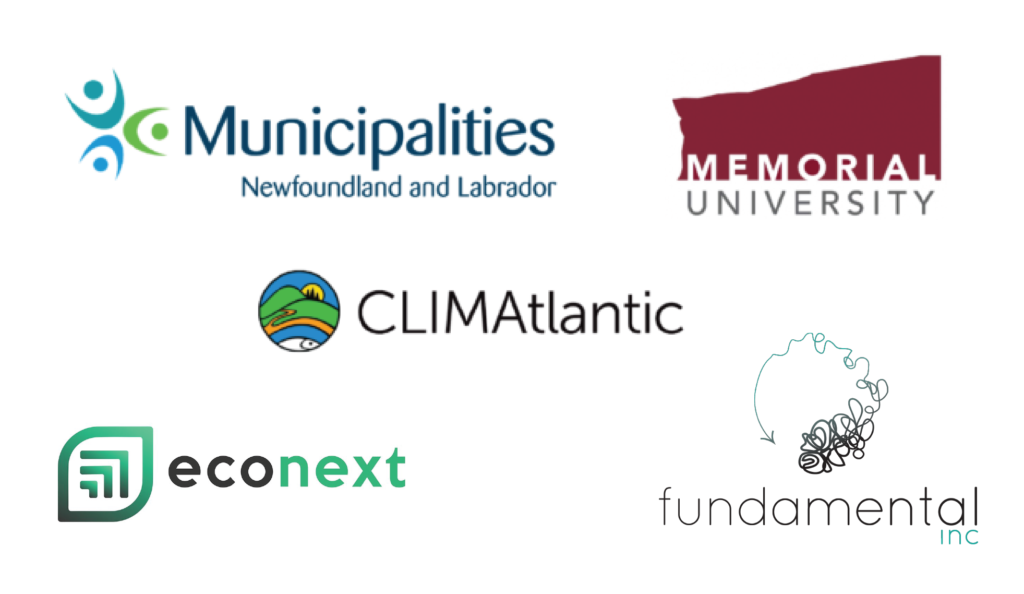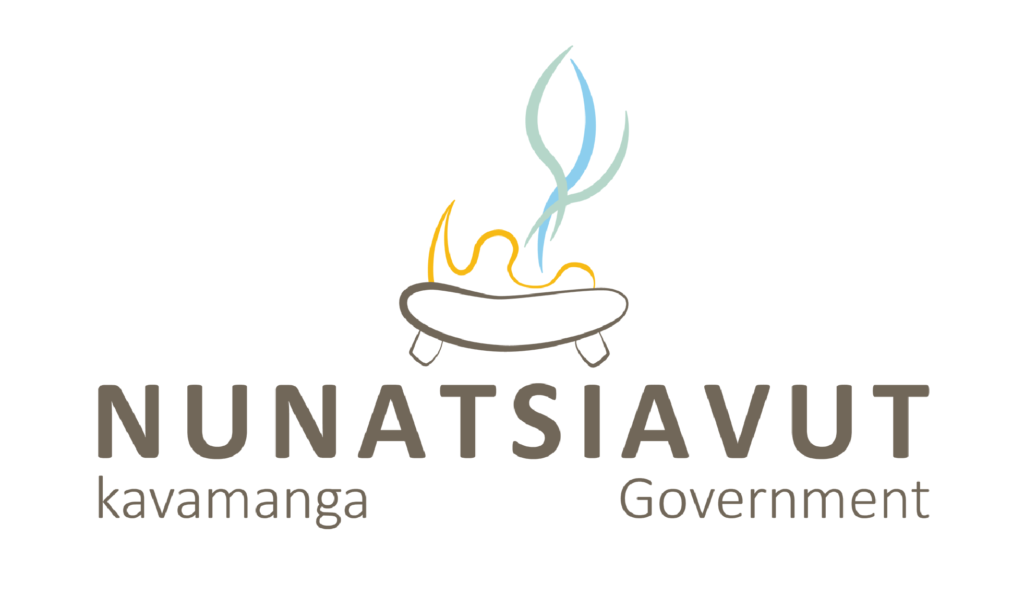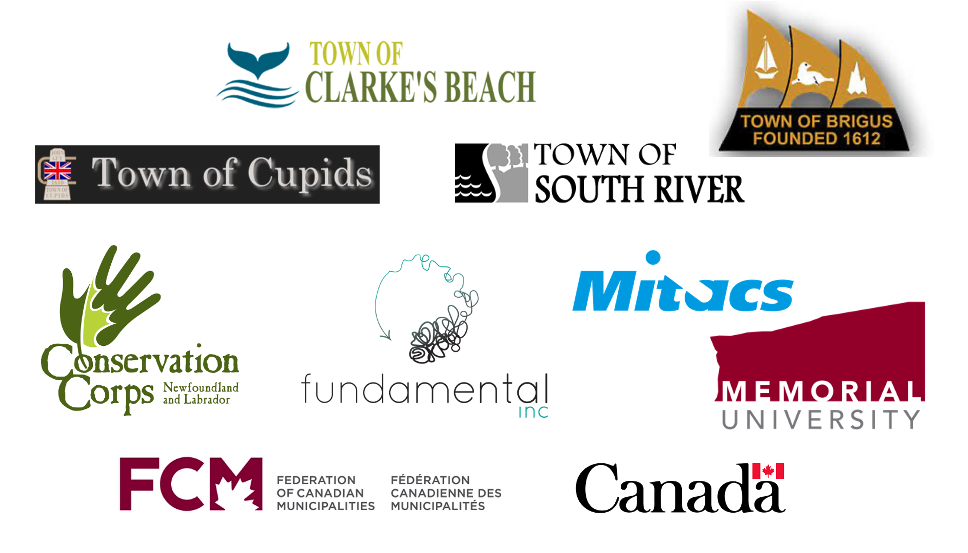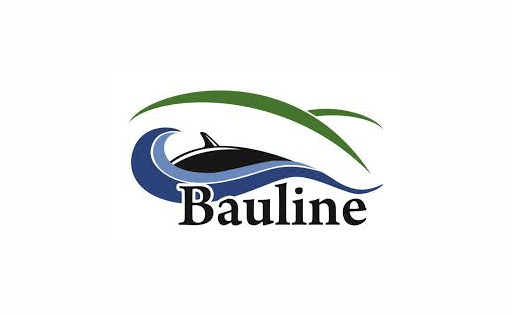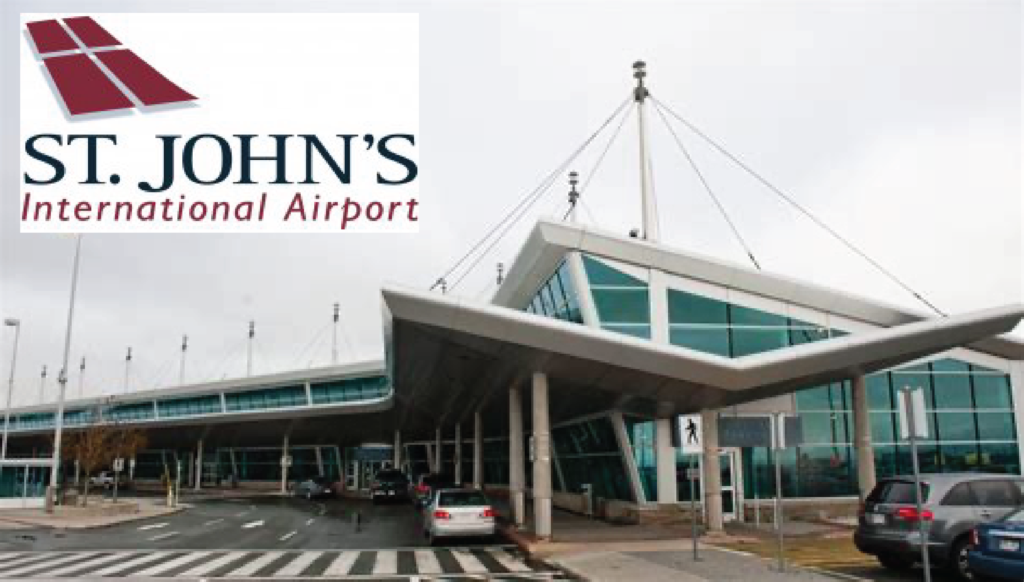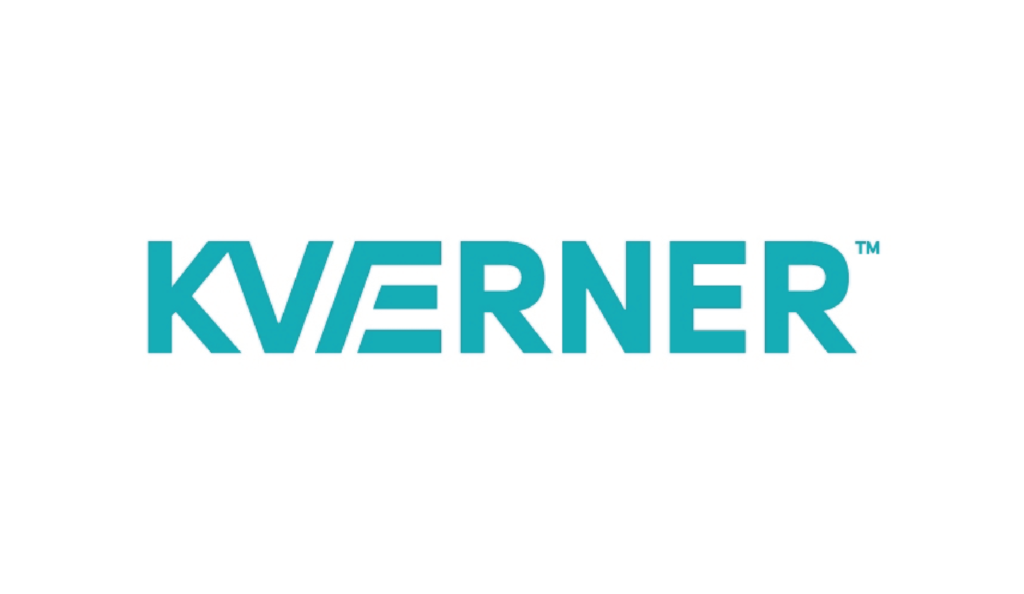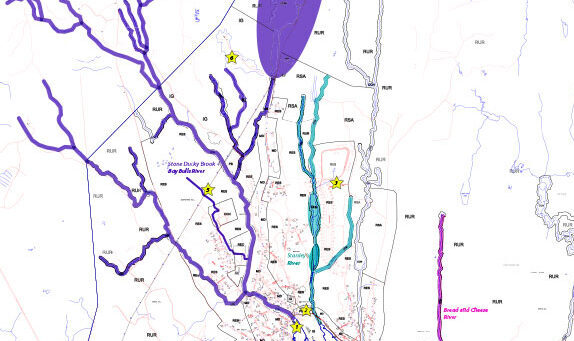
Climate Action Plans are strategic roadmaps that identify how an organization will reduce their greenhouse gas (GHG) emissions (mitigation), increase their resilience to the impacts of climate change (adaptation), or some combination of both that fits within the specific context of the need for action.
The goal of the plan is action; to find opportunities and solutions through an iterative risk and opportunities analysis. By assessing current and anticipated circumstances, future goals, and existing initiatives, the climate action planning process can reveal opportunities for financial, social, and environmental benefits that align with an organization’s overall strategy.
Our Climate Action Plans include research and diligent analysis but focus on creating discrete projects, with funding identified where available. The front end of the document is generally a workplan, structured as a living document, and meant to be handed-off to a manager who can either champion or delegate forward motion on a particular item.
Fundamental Inc. has worked with all sectors to develop Climate Action Plans – municipalities, private for profit, not-for profit, and even a couple of individuals. The size of your organization doesn’t matter; our services are structured to suit your needs. If you have a desire to infuse climate-conscious decision making into your daily routine, Fundamental Inc. can help you make that happen.
Mitigation Focus
Mitigation planning involves analysing your current operations and infrastructure to identify opportunities to reduce GHG emissions. This process typically starts with a GHG inventory so that an organization’s emissions are understood. Resulting actions may be energy efficiency retrofits, renewable energy installations, or the introduction of new waste management or transportation programs – all of which can result in considerable cost savings, increase resilience, and improve quality of life.
A GHG emissions reduction target is often a key aspect of a mitigation plan. Governments and corporations all over the world are committing to reducing their carbon footprint by specific amounts in order to contribute to the global GHG reductions deemed necessary by climate science to limit global warming to 1.5°C. Fundamental Inc. can support development of a reduction target that is achievable yet ambitious. The targets are developed using a science-based approach, are always linked to concrete actions, and involve maximizing cost savings.
Adaptation Focus
Adaptation planning generally begins with a vulnerability assessment. The purpose of an Adaptation Plan is to protect your assets by making strategic and purposeful adjustments to increase resilience in the system/network. The logic is connected with a lowest-life cycle cost approach based on an Eco-Asset Management framework.
The GHG concentrations currently residing in the atmosphere have locked in planetary changes that are already being experienced today across the world. But every place is different. Climate change does not affect every location equally – even across Newfoundland and Labrador. It is important to consider local data and projections to inform all decision making. A vulnerability assessment involves identifying which changes are most likely to have significant effects on your organization – things like temperature and precipitation change, sea level rise, wildfires, flooding, or extreme weather events.
The Adaptation Plan focuses on developing ways to reduce risk and safeguard the key elements/services of your organization – property, equipment, infrastructure, and people. Planning outcomes may include modifications to physical infrastructure (e.g. water management, coastal management, buildings), developing emergency response plans, or daily operational changes.
Low Carbon Resilience
Climate change mitigation and adaptation are intertwined. Every adaptation action has either a positive or negative GHG impact, and every mitigation action either increases or decreases resilience to climate change. The more we act to mitigate climate change, the easier it will be to adapt. Considering both mitigation and adaptation together has been termed Low Carbon Resilience (LCR). Although any particular Climate Action Plan may focus more heavily on mitigation or adaptation to suit client priorities, Fundamental Inc. can support efforts towards a low-carbon economy that is sustainable for future generations and resilient to change and disruptions.
